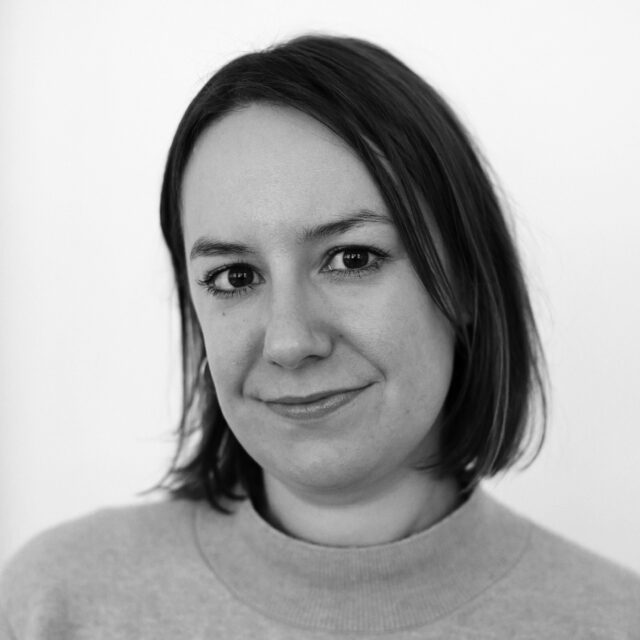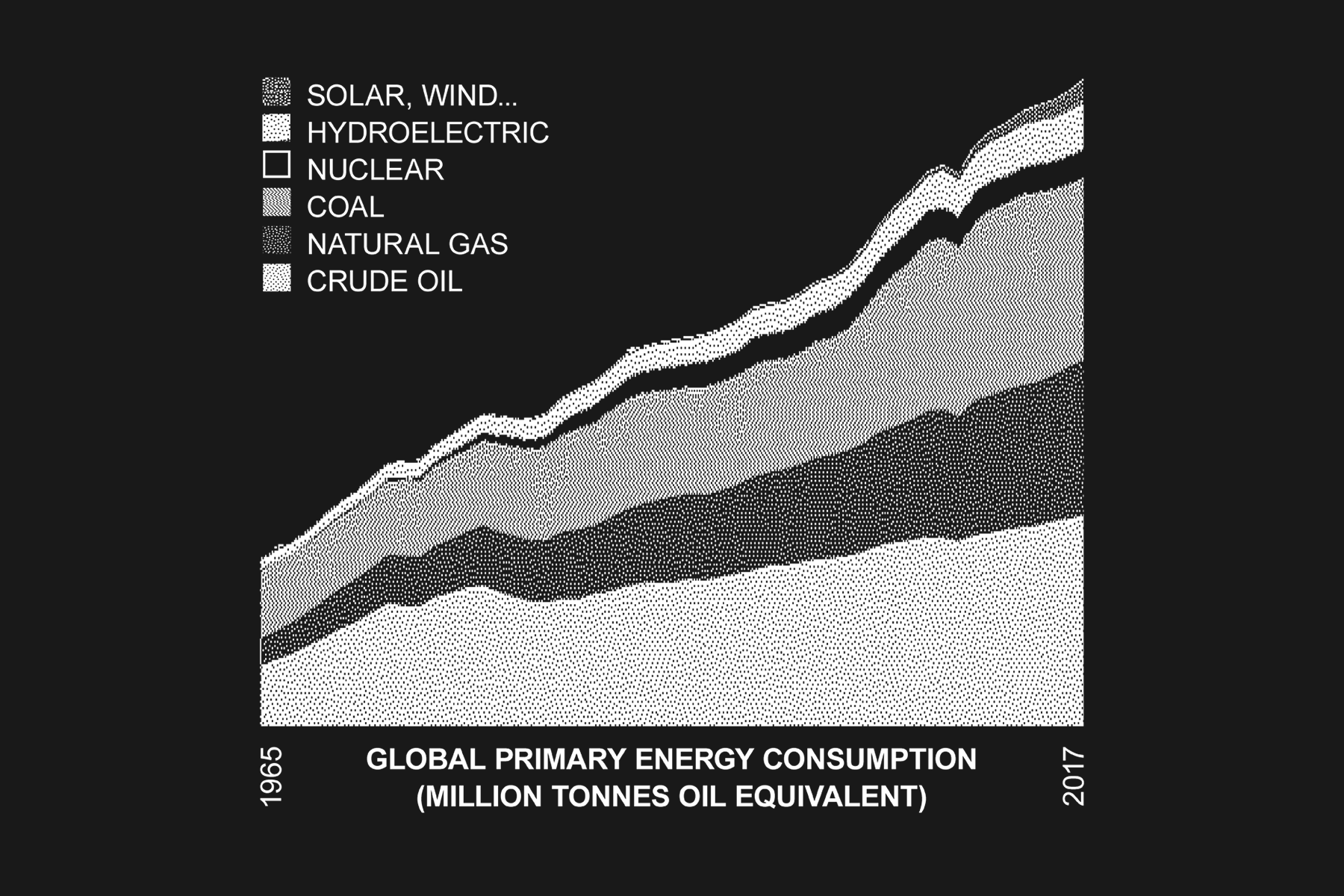Post Growth: Branching Kinship
“There is conflict in a forest, but there is also negotiation, reciprocity, and perhaps even selflessness.”—Ferris Jab, on the work of ecologist Suzanne Simard, in “The Social Life of Forests,” The New York Times

Chloe Stead is an art critic and editor based in Berlin. Her writing has been featured in publications such as Artnet, Art Agenda, Frieze, Spike, and Mousse Magazine.
A few years ago, the writer and alt-right hero Jordan Peterson took some time out from ‘owning the libs’ to tweet his thoughts on a new study on ant behaviour. “30% of the ants do 70% of the work,” he wrote. “Not a consequence of the West, or capitalism, in case it needs to be said :)” It wasn’t the first time that Peterson has looked to the animal kingdom as an apologia for capitalism. The Canadian pundit is also fond of using lobsters to argue that hierarchies are ‘natural’ rather than the result of social constructs that give some groups power over others.
As anyone who spends time in the ‘manosphere’—a group of blogs and message boards populated by Incels, men’s rights groups, and pick-up artists—will know, the behaviour of wild animals is often used within these spaces to explain away the worst impulses of our species. Wolf pack behaviour, for instance, is frequently extrapolated onto humans, with the most obvious example being the popularity of the term ‘alpha’ to positively describe a male who is dominant in social or professional scenarios.16 But as many have pointed out, much of this thinking is based on a Darwinist theory of evolution, one which pits all living creatures against each other for limited natural resources while ignoring the many examples of non-human behaviour that “verges,” as a recent New York Times article put it, “on socialism.”17
Titled “The Social Life of Forests,” the article in question is based on the work of Canadian ecologist Suzanne Simard whose research on subterranean networks between fungi and trees “upended” the idea of trees as “solitary individuals [that] competed for space and resources.”18 Instead, she found that “while there is indeed conflict in a forest, there is also negotiation, reciprocity, and even selflessness.” In the mid-90s, Simard’s research was seen, in the male-dominated field of forestry, as “girly.” The fact that over 15 years later it’s still controversial—some researchers see “reciprocal exploitation” in place of Simard’s “big cooperative collective”—shows how invested many people still are in a dog-eat-dog view of the world.
”What all of these works have in common, from Serre’s treatise on the humble parasite to Haraway’s brand of ecofeminism, is a move away from the idea that humans are categorically different from all other living beings.”
But what if, instead of using ethology, as Peterson does, to reaffirm our human-centric perspective on life, we looked to nature for ideas of how to do things better—particularly when it comes to growth? In one of his Post Growth Toolkit interviews, Geoffrey Bowker does just that. Finding inspiration from the collective thinking of ants, he argues that horizontal decision-making could be the best way to combat climate change. “There’s no solution that’s going to come from central government in any of this,” he says. “It’s going to be us, as a species, rethinking who we are, reworking who we are, replanning who we are and then rippling that out across the whole sets of relationships that we have. That’s what we see ants doing enormously successfully.”
Bowker’s thinking is informed by decades of research and writing on cross-species relationships by well-known figures such as Michel Serres and Donna Haraway, as well as younger academics like Merlin Sheldrake and Anna Tsing, both of whom recently released books on mushrooms. What all of these works have in common, from Serre’s treatise on the humble parasite to Haraway’s brand of ecofeminism, is a move away from the idea that humans are categorically different from all other living beings. If we can first get our heads around this shift, then, as Bowker recently told me “a rainbow of new outcomes becomes available.”
Post Growth
Life, After the CrashExplore more of "Post Growth:"
→ HOLO.mg/stream/
→ HOLO.mg/imal-post-growth/

